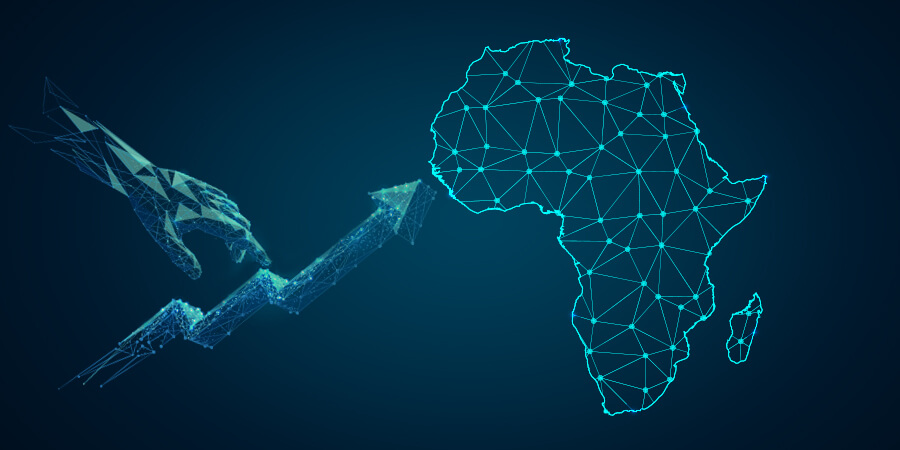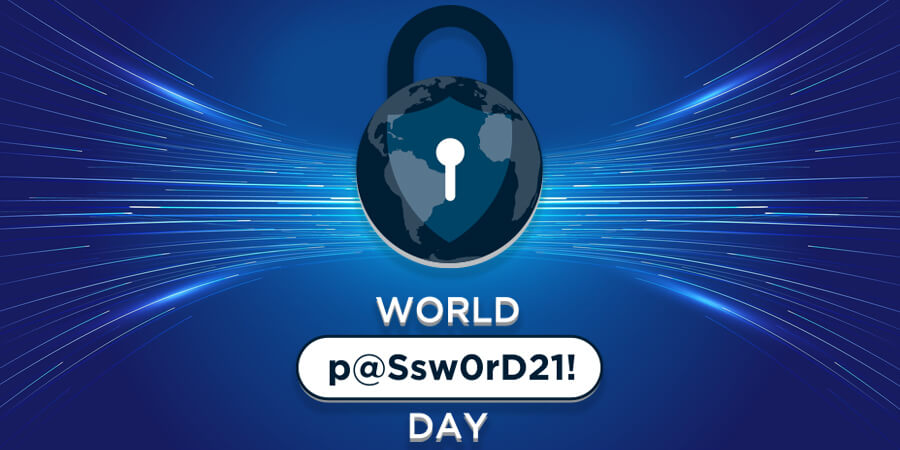Mental health is a critical aspect of overall health and well-being, but it remains an under-resourced and under-funded area of healthcare. According to the World Health Organization (WHO), mental health disorders affect one in four people worldwide, and the COVID-19 pandemic has exacerbated this crisis by causing widespread stress, anxiety and depression. To address this urgent need, researchers and healthcare providers are turning to artificial intelligence (AI) to develop innovative tools and resources for mental health care.
Features
Revolutionizing Patient Care: EMR Implementation in Africa
Health technology in Africa has been rapidly evolving in recent years, driven by the need to improve the quality of healthcare delivery, expand access to healthcare services and address the continent’s unique challenges. One of those new health technologies is “Electronic Medical Records” (EMRs), which are digital versions of a patient's medical history that contain information about diagnoses, medications, test results, and treatment plans. The use of EMRs has become increasingly popular in healthcare as they facilitate better communication and coordination between healthcare providers, improve patient safety and increase efficiency in healthcare delivery. So, what exactly are the potentials of EMRs for improving healthcare in Africa?
Unveiling the Hidden Pitfalls of Green Energy Adoption
A green environment is essential for a healthy life. There is a close relationship connecting sustainability, development, health and the environment, which is very well-known and talked about today. With the increasing levels of pollution and environmental degradation worldwide, companies are trying to address this problem by using clean energy, which is strongly considered one of the most important standards for long-term environmental protection.
Fearless Innovation: Overcoming Obstacles to Drive Progress in African Telcos
Innovation is the lifeblood of progress and growth, and nowhere does this apply more than in the telecom sector in Africa. But fear can often hold us back from taking the risks necessary to innovate. Whether we fear failure, the unknown, or simply the possibility of change, these fears can prevent us from realizing our full potential. Employees may avoid engaging in innovation due to the inherent uncertainty and potential risks involved. To establish a culture of innovation that encourages risk-taking, it is essential to initiate this change at the top levels of management.
World Password Day: A Secure Digital Life Starts with Your Password
In today's digital world, smartphones have become an indispensable part of our lives. They are used for communication, online shopping, banking, social networking and many other activities. However, with these activities comes a risk, especially when it comes to security. Passwords are no longer enough to protect our online accounts from cybercriminals, who are getting more sophisticated with their attacks. That's why World Password Day (May 4th) is an important reminder of the ways to keep our smartphones secure.
Greening the Telecom Industry: Technologies and Challenges for Reducing Carbon Footprint
Climate-driven operations and solutions have become increasingly important in recent years as the world grapples with the growing threat of climate change. Many companies and organizations are now looking for ways to reduce their carbon footprint and adopt more sustainable practices.
Beyond Banking: Innovative Approaches to Financial Inclusion in South Africa
Financial inclusion remains a major challenge in South Africa, where millions of people remain outside the formal banking system and where higher-income groups have more access to a broader range of financial services. Financial inclusion itself is the concept of providing access to affordable and convenient financial services to individuals and businesses that are traditionally underserved by mainstream financial institutions. Recent steps have been taken in the right direction, and moving forward, any innovative solutions aimed at meaningfully addressing financial inclusion must also be simple, easy to use and, most importantly, affordable and interoperable.
Marketing Environment Evolving Thanks to AdTech
Running a digital business or, specifically, running a digital marketing campaign requires the use of AdTech. To purchase, manage and evaluate digital advertising, advertisers use AdTech. Advertising technology, or “AdTech,” is defined as all technologies and techniques, as well as those used in the online advertising industry.
No Time to Wait: Why Your Business Should Move to the Cloud Today
In today's fast-paced world, businesses need to keep up with the latest technologies and digital strategies to remain competitive. One technology that has revolutionized the way we do business is cloud computing. If your business is not already in the cloud, you're missing out on many of the benefits that can help you grow and thrive in the digital age. The cloud offers a wealth of benefits to businesses, from top-notch security to virtually limitless storage capabilities. Yet many South African companies have been slow to embrace it, often for misguided reasons.
From Reseller to Innovator: The Evolution of Virtual Network Operators in Telecom
The telecommunications industry is witnessing a significant shift towards virtual network operators (VNOs), which are companies that provide wireless communication services to customers without owning the underlying network infrastructure. This emerging trend is transforming the traditional telecommunications industry and opening new opportunities for innovative business models.














